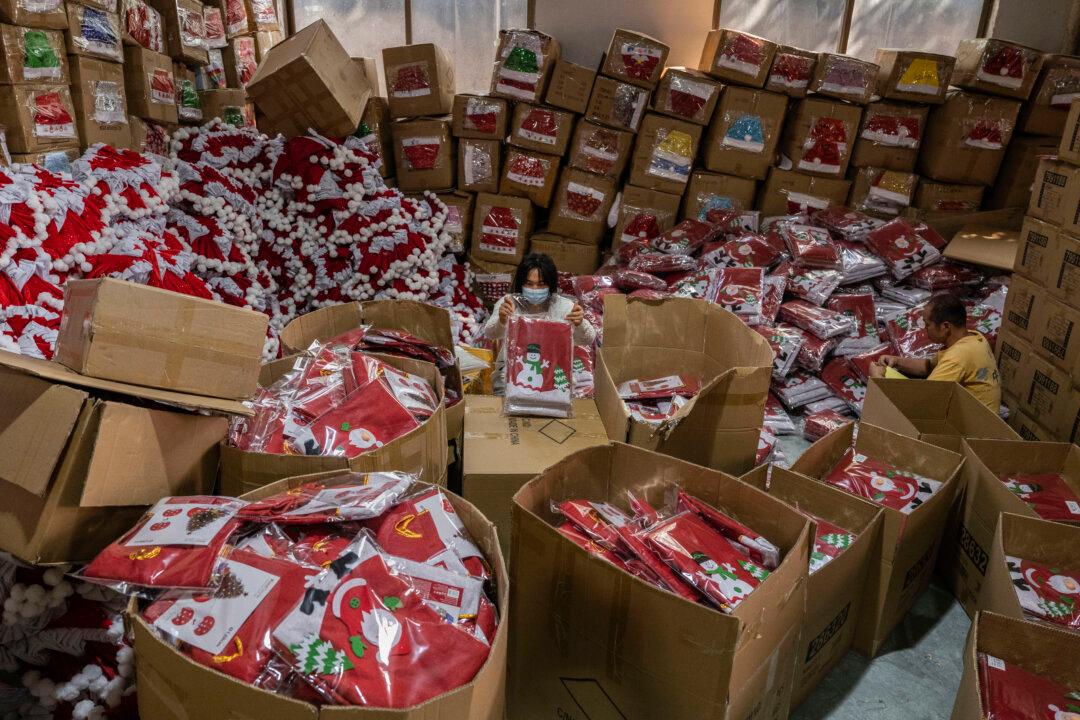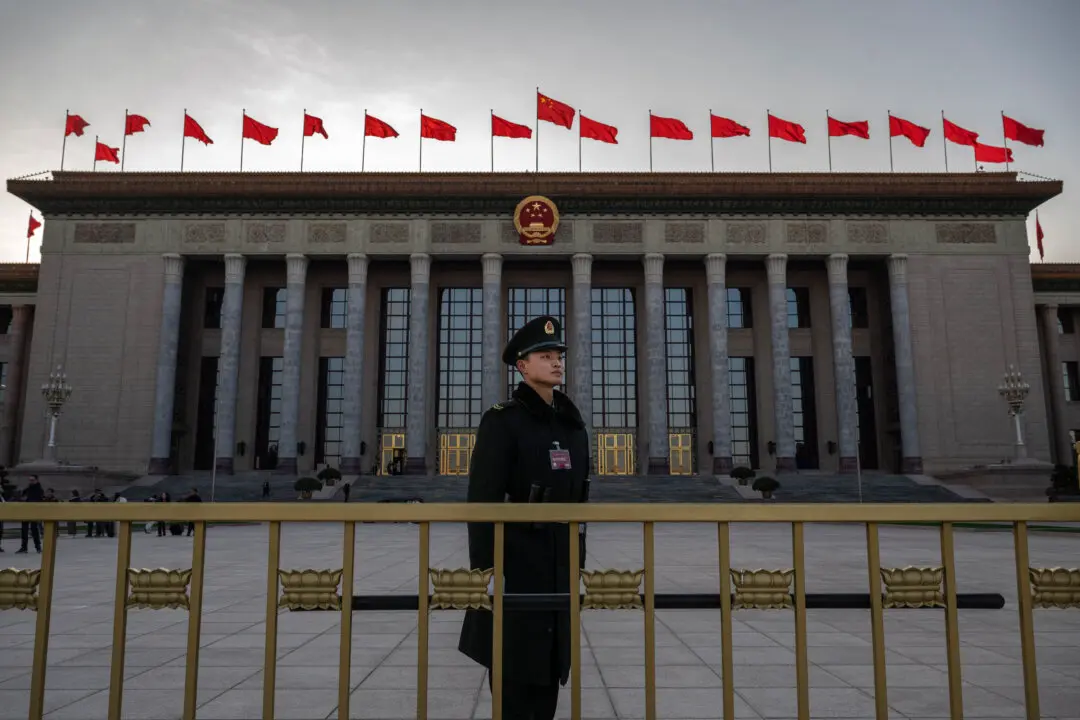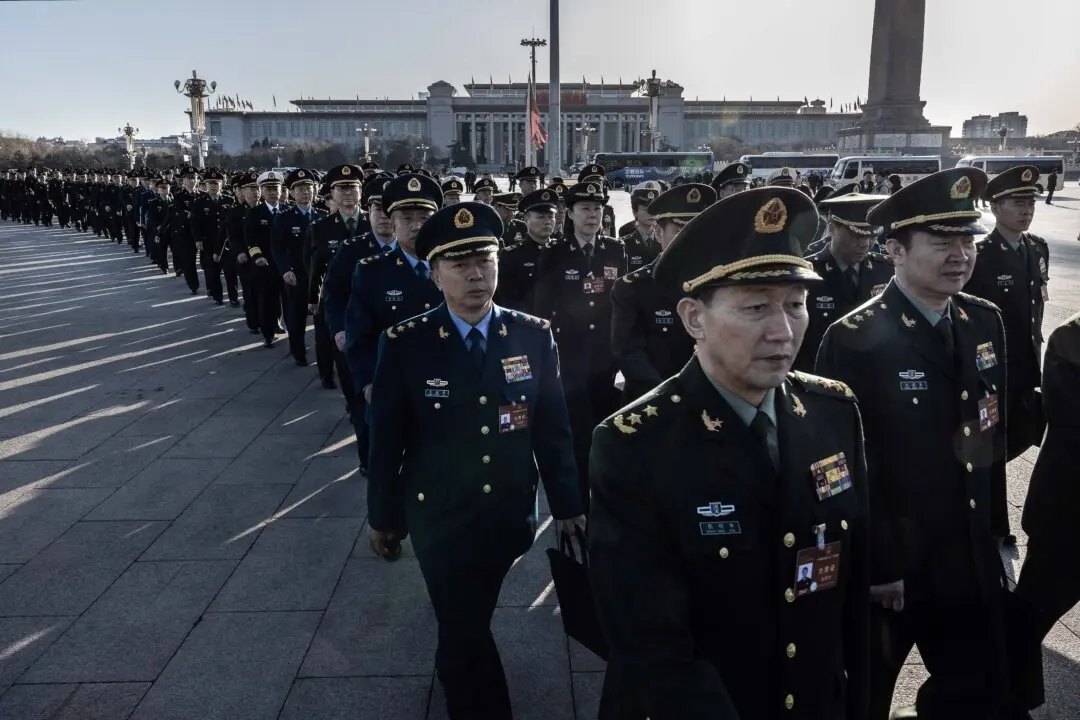Stacks of unsold socks, gloves, toys, and storage boxes now clog warehouse floors in Yiwu—the Chinese city that once sent cut-price trinkets to every corner of the planet.
Cross‑border e‑commerce orders from the world’s biggest small‑commodity hub have plunged by roughly 70 percent since the U.S.–China tariff standoff escalated, a local freight‑forwarding executive says. The shock has hit Yiwu’s merchants and logistics firms so hard that many are teetering on the brink of collapse.





